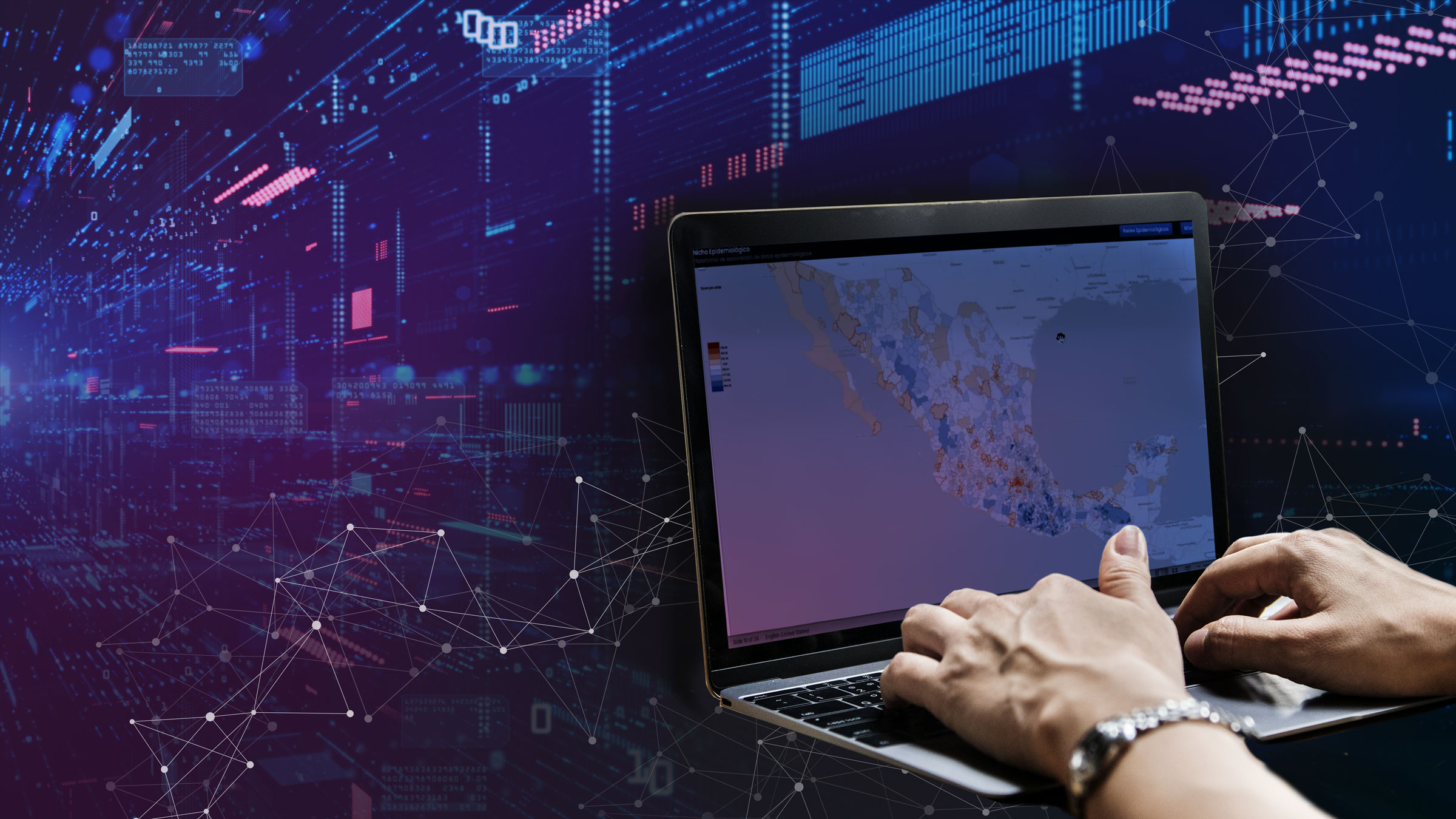EPI-PUMA
EpI-PUMA
Societies have experienced great uncertainty about the development of the crisis during the SARS-CoV-2 pandemic. People and policy makers must make decisions at the micro scale, like how much the virus survives under certain environmental conditions; and decisions at the macro scale, such as the onset of a social distancing program. Within this spectrum of scales, decisions at the meso scale are also included, for example, deciding the number of beds needed in a particular hospital in the next coming weeks.
In scientific terms. The only way to answer these questions is with Data.
The complexity of COVID19 disease is the source of many questions for which societies need fast and practical answers. Currently, we face a unique situation in human history, where the amount of data available and the capacity to process them allows answering questions that were unimaginable in times prior to the pandemic. Nonetheless, data required to answer the most relevant questions in regards to SARS-CoV-2 and Covid19, include a wide spectrum of sources, and diverse scientific disciplines and approaches for its interpretation.
The project herein advances the development and implementation of a University Platform of Epidemiological Intelligence about SARS-CoV-2 (EpI-PUMA), with the potential to project in real time the occurrence of contagions, hospital admissions and unexpected deaths; and the spread of these events in space and time.
EpIPUMA has three main characteristics:
- Use the large University’ data repositories and other external sources, to represent risk factors of the SARS-CoV-2 dynamics and its consequences.
- Provide a machine learning engine, built with a system of Bayesian classifiers that can produce predictive models based on hundreds or even thousands of predictors, within seconds or minutes.
- Provide different user interfaces based on the profile of the user, ranging from a decision maker -Health CEOs, Researchers, Health scientists, Physicians, Epidemiologists, Students, etc.
In summary, a user will be able to produce his own predictive models centered in a prediction linked to a decision, within a friendly environment and without the need of having advanced and specialised knowledge on statistics, modelling or machine learning.
